Keywords: Public Services
There are more than 200 results, only the first 200 are displayed here.
-

AUSTRALIA
- Joe Zabar
- 14 February 2023
2 Comments
The Robodebt Scheme promised billions in savings, but became a $1.8 billion failure labeled as 'a shameful chapter in public administration' by the Federal Court. The government was forced to settle a class action and wipe the debts of 381,000 people. Beyond the human cost, these failures point to a welfare system due for an upgrade.
READ MORE
-
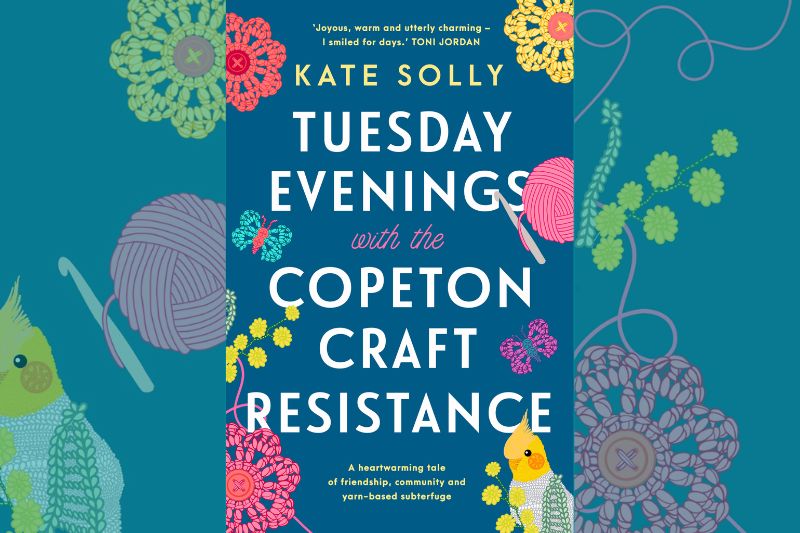
ARTS AND CULTURE
- Andrew Hamilton
- 09 February 2023
3 Comments
The plot of Kate Solly’s very enjoyable first novel, Tuesday Evenings with the Copeton Craft Resistance turns on the conflict between good and evil, represented respectively by the generous desire to turn Catholic property over to refugees and the vicious desire to prevent the project by portraying refugees as Muslims and Muslims as sinister and alien.
READ MORE
-
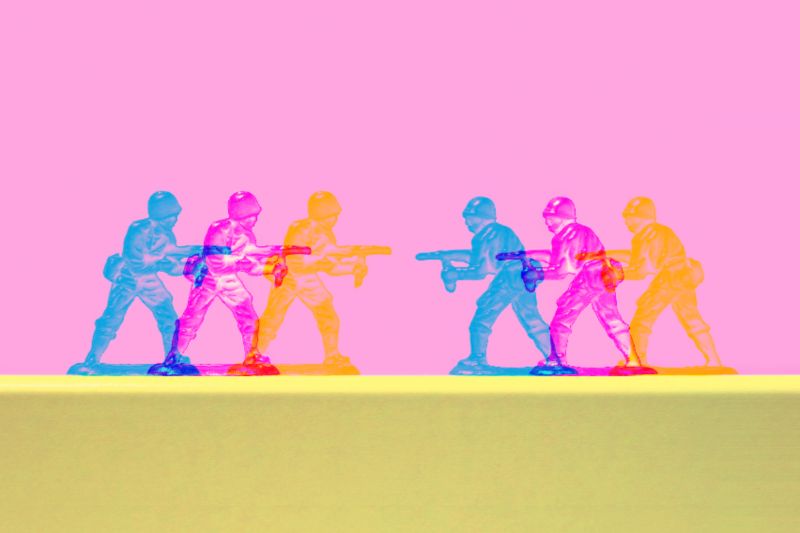
AUSTRALIA
- Andrew Hamilton
- 02 February 2023
6 Comments
Any discussion of the ethics of culture war should begin with the basic reality of human communication: to flourish, human beings rely on cooperation with other people. Speaking abusively about others weakens the necessary trust that lies at the foundation of a well-functioning society and inhibits the conversation about values necessary in a humane society.
READ MORE
-

ARTS AND CULTURE
- Simon Smart
- 01 February 2023
5 Comments
With the launch of ChatGPT, my initial amazement quickly gave way to unease and a sense that something essential could be about to be lost. We will need help to navigate such complexity and considering what is essential to our human nature would be an important place to start.
READ MORE
-

AUSTRALIA
- Joe Zabar
- 31 January 2023
1 Comment
A welcome development in the Albanese government's reform agenda is the newly established Economic Inclusion Advisory Committee to examine the obligation placed upon governments to provide employment. While the principle of a job guarantee is essential to any social security reform, so too is the attitude we hold towards those who access welfare.
READ MORE
-
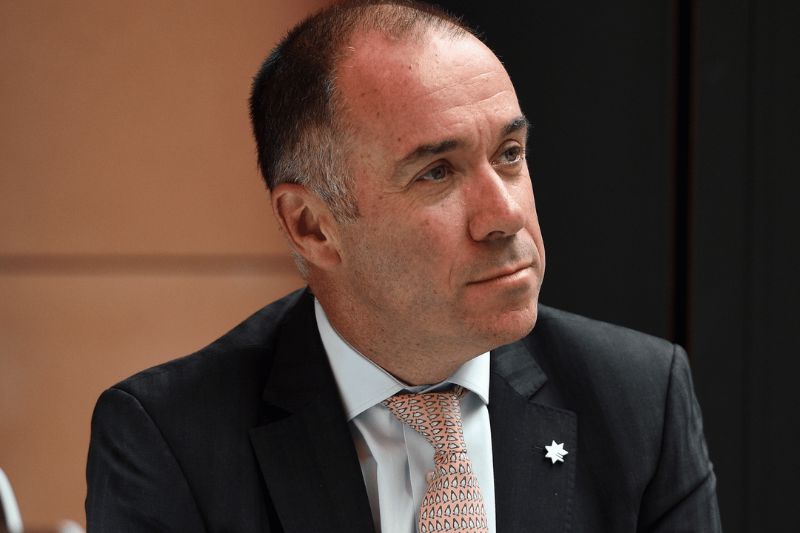
AUSTRALIA
- Chris Middleton
- 12 January 2023
It is highly doubtful that the Essendon Football Club appreciated the reaction that would occur when it presented its new CEO, Andrew Thorburn, with the option of giving up his role as a lay leader in the City on a Hill Anglican Church or resigning from his role with the Club. Even if many were uneasy about how the issue was caught up in the culture wars, it caused widespread concerns amongst people of faith.
READ MORE
-

AUSTRALIA
- Frank Brennan
- 05 January 2023
We have a lot of work to do if there is to be any prospect of a successful referendum on the Voice to Parliament, which Indigenous people have put to us as the mode by which they want to be recognised in the Constitution. They have said they want a Voice. Now, we can debate whether it be a Voice to Parliament or a Voice to Parliament and government, or a Voice just about particular laws.
READ MORE
-

AUSTRALIA
- Juliette Hughes, Kathy Chambers
- 05 January 2023
With very little public debate or consultation, Victoria has repealed almost all laws relating to prostitution. Alone among all recreational activities, sex for payment is now unrestricted, even regarding health and safety. If we really care what happens to people, what place does sex work have in our society?
READ MORE
-
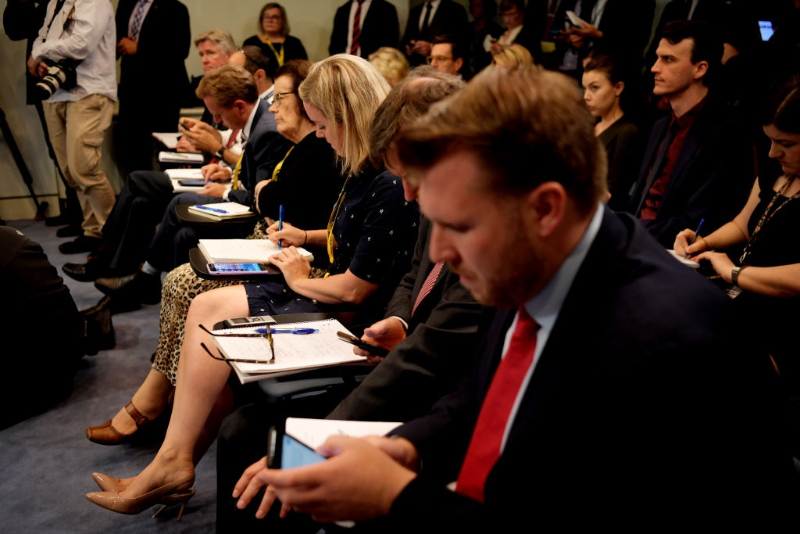
MEDIA
- Andrew Hamilton
- 05 January 2023
It is unfortunate that World Communications Day is celebrated in the middle of an election campaign. We have seen the worst of partisan media coverage, of shouting as a preferred form of communication, of endless experts promising Armageddon if the result is not to their taste. And yet we have also seen the best of media informing us of the issues that concern people in different parts of Australia. Without such public communication, for all its defects and excesses, our society would be the poorer.
READ MORE
-
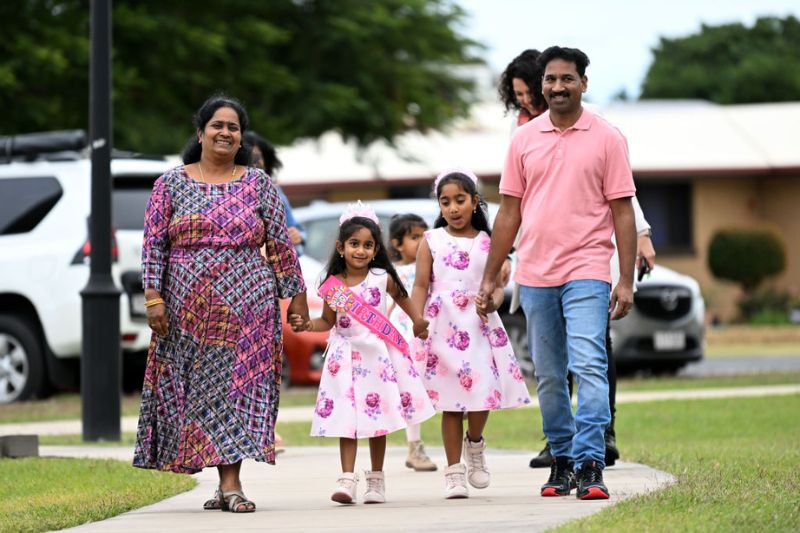
AUSTRALIA
- David Halliday, Michael McVeigh, Laura Kings, Michele Frankeni, Andrew Hamilton, Julian Butler
- 21 December 2022
2 Comments
To close the year for Eureka Street, the editorial team wanted to nominate who we considered to be the Eureka Street ‘person of the year’ based on who we think somehow embody Eureka Street values.
READ MORE 
-
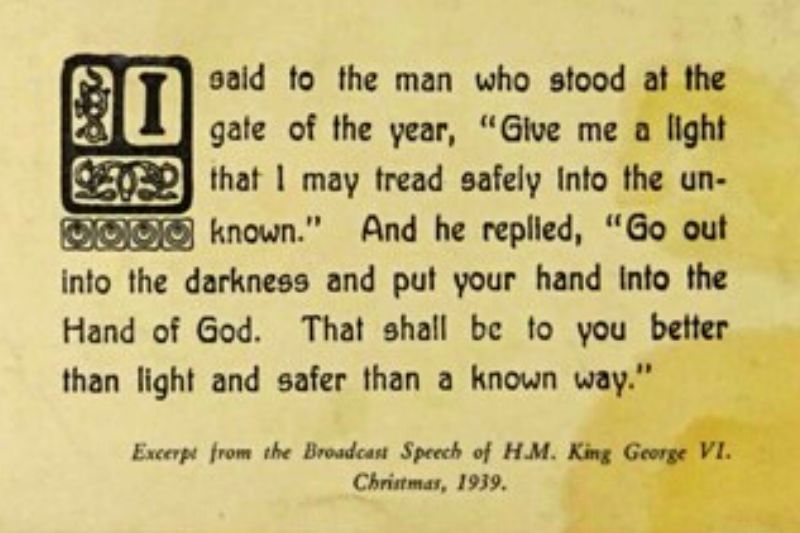
AUSTRALIA
- Andrew Hamilton
- 21 December 2022
4 Comments
In 1939, King George VI gave an encouraging Christmas address, speaking after the Declaration of War on the Nazis. The future was uncertain, with no assurance of survival. In Australia we do not face the same immediate threat, but we do share the same uncertainty.
READ MORE 
-

AUSTRALIA
- Andrew Hamilton
- 08 December 2022
Once protests would have found expression in powerfully argued and persuasively delivered speeches. Now people look less to the power and skill of the words and more to the gestures in which they are embodied. This precedence given to performative language over deliberative language deserves reflection.
READ MORE 